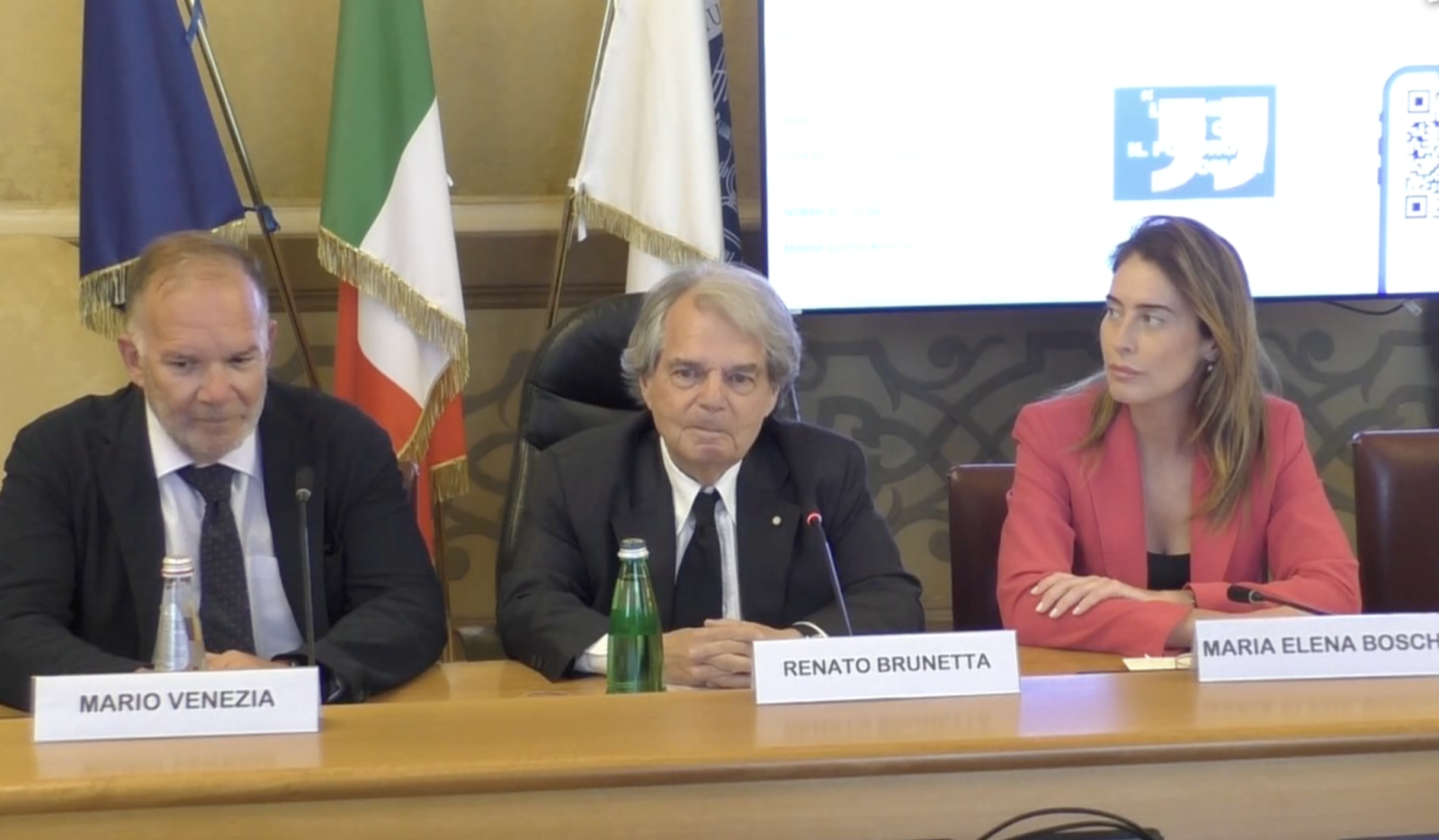ROME – The Museum of the Shoah Foundation presents its 2024 Social Report

In 2024, more than 60,000 people, 6,000 of whom were young, visited the exhibitions at the Casina dei Vallati in the Jewish Quarter, where the Museum of the Shoah in Rome is located. Over 2,250 young people took part in programs aimed at developing cross-functional skills, made possible by a network of 41 volunteers and nine collaborators. Meanwhile, the number of the institution’s partners and supporters increased.
These are some of the data highlighted in the Foundation’s2024 Social Report, which was presented June 11 at the National Council for Economics and Labor (CNEL). The CNEL is an Italian constitutional body that advises the government and parliament on economic and social matters.
Despite international tensions that “rekindled antisemitic rhetoric and prejudices” in academia and public debate, the report’s results are positive, according to the Foundation’s president, Mario Venezia. This is especially notable considering that, over the months, the “easy hosts” of the Foundation’s initiatives dwindled.
“Antisemitism and racism are rampant,” he commented. “Is all that we have done pointless? No, because we see the positive impact that our projects have on thousands of students.” A good example, he recalled, were three buses of students in Vibo Valentia (Calabria) that left at 4 am to attend a recent meeting with Holocaust survivor Sami Modiano.
Report and communication challenge
The President of the Union of Jewish Communities, Noemi Di Segni, said that the specificity of the Foundation’s Social Report is also a challenge regarding “the communication of the Shoah and of the Jewish world in a dramatic time, when Jewish communities, with other organizations and institutions, are called to defend historical truths,” as well as the fact that “Jews and Judaism are not only the Shoah.”
“I have always had a relation of great affection, esteem, and sympathy with the Jewish world,” said Renato Brunetta, President of CNEL and former Minister of Public Administration. “Today, in this difficult time, this sympathy is even stronger. I thought antisemitism and antizionism were behind us, but evidently, they are not.” The meeting was an opportunity for the Foundation to present this year’s program. Along with book presentations, movies, educational events, and productions, a Summer School for teachers will be held, and a website will display a selection of archival documents and video interviews with testimonies.
